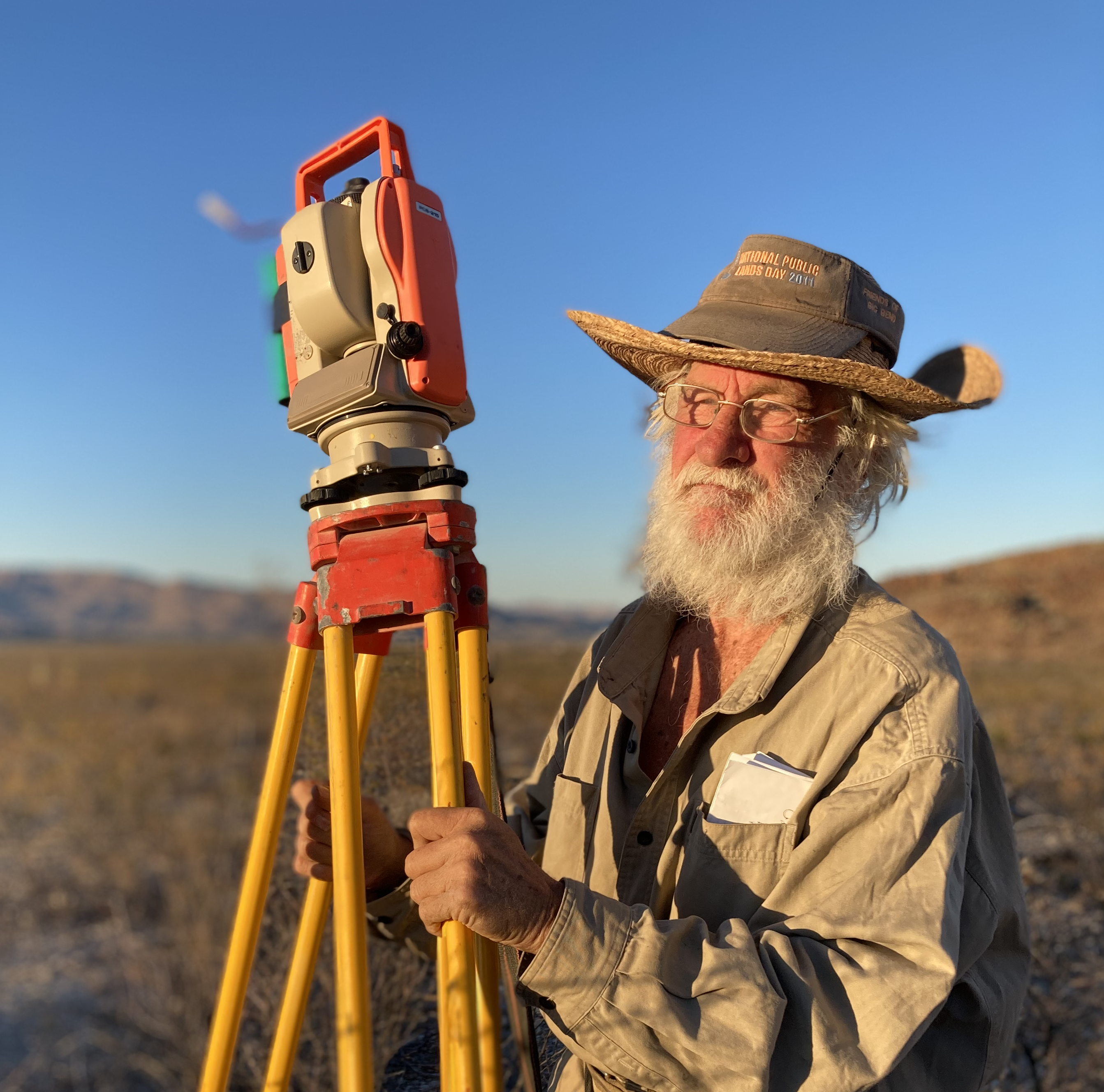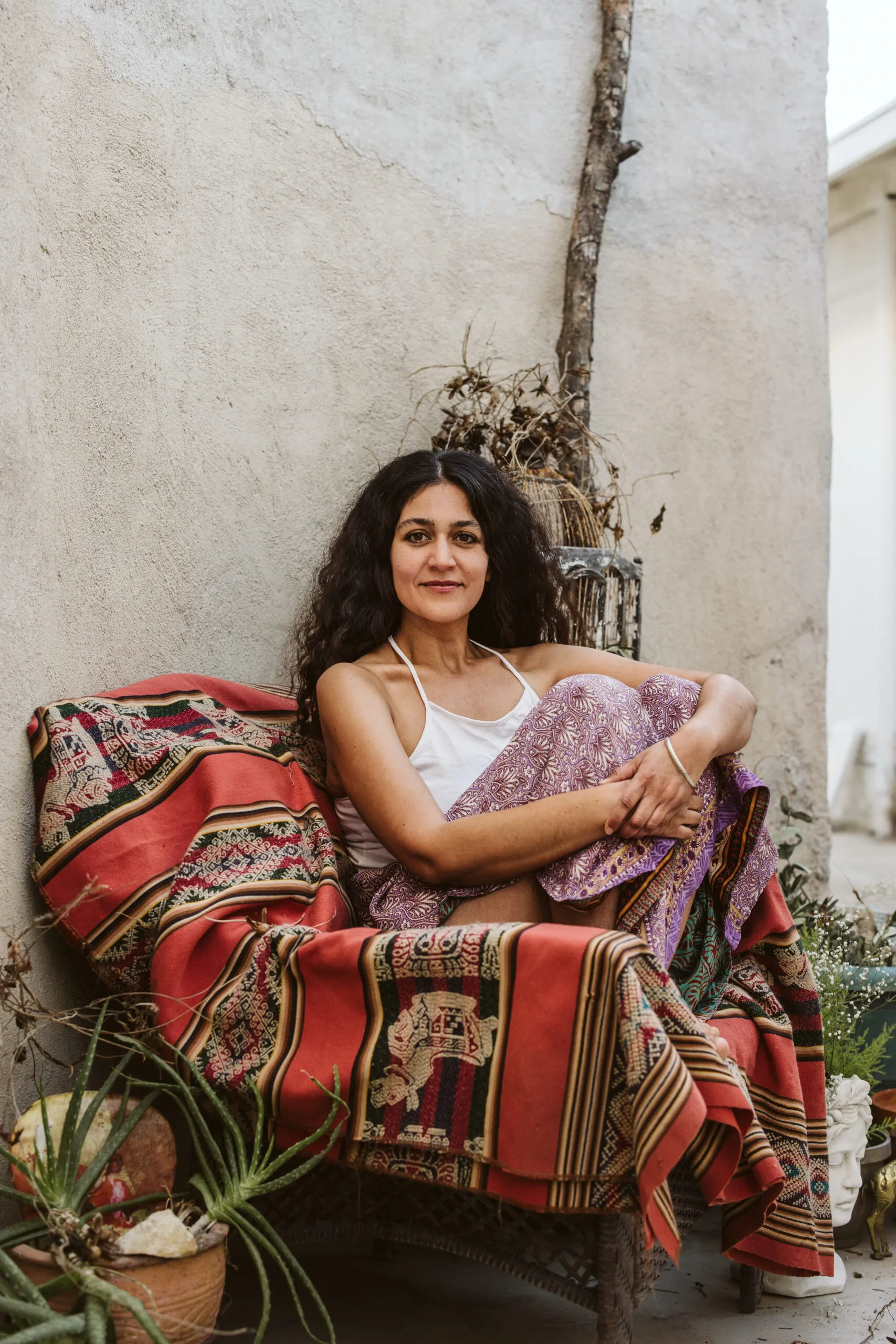
Bob Estrin
Bob is an architect, builder, teacher, and founder the School of Constructive Arts. The son of a builder, Bob’s experience in construction started at a young age. He received his degree in architecture at the Cooper Union in New York City, where he later taught the urban design studio with Diane Lewis. His research on ancient uses of natural energy and natural materials led him to travel to North Africa, an experience that dramatically shaped his approach to design and building. After working on a range of residential and institutional projects in the studio of architect Matthew Baird, Bob received his license and began practicing architecture independently. He founded the School of Constructive Arts in 2020 to carry on research integrating ancient methods with modern building science and technology. With mentorship from Jim Hallock, Todd Swanson, and others Bob developed a detailed earth building curriculum and established compressed earth block manufacturing at SCA. In addition, Bob has developed a comprehensive regenerative design curriculum, bringing his experience and research of advanced natural energy, waste and water systems, community planning, and agro-ecology to the classroom. Bob applies this diverse knowledge to design projects beyond the school, helping others build holistically with the land.

Heather Christensen
Heather Christensen grew up in Texas and has dedicated herself to learning at the intersection of water, soil, climate, and humanity. She studied hydrogeology and aqueous geochemistry at UT Austin where she became interested in the role that science can play in protecting and conserving resources essential for all life on Earth. After graduating, she helped co-author the book Texas Through Time: Lonestar Geology, Landscapes, and Resources at the Bureau of Economic Geology. Her Master's thesis research on nutrient cycling and greenhouse gas emissions in the banks of the regulated Colorado river catalyzed her interest in soil science and in the soil ecosystem. During her time in graduate school, she became interested in water law and policy, helping to design and teach a graduate law seminar on water in Mexico City. After completing her Master's degree she worked as a research scientist at the Gulf Coast Carbon Center investigating nitrogen cycling in soils, and later as a regenerative agriculture and soil science consultant. She came to the School of Constructive Arts in November of 2023, bringing expertise in soil science, surface water management, and regenerative land restoration.

James Jackson
James Jackson is a land surveyor, environmental activist, long-time resident of Big Bend, and founding member of the School of Constructive Arts. He grew up in rural southeast Texas, spending time hunting, fishing, and raising animals. He has served on the board of the Big Thicket Association and the Texas Comittee on Natural Resources. He is a dedicated defender and steward of forest lands, working with TCNR to protect 50,000 acres of forest from clear-cutting, and tree sitting in Oregon and Texas as an active member of the Earth First! movement in the 80's and 90's. After moving to Big Bend, he formed a close friendship with Don Bryant, and together they originated the idea of donating the land at Snake Road to form a school to benefit the community and the earth. James has been a board member of the School of Constructive Arts since its inception, and remains a valued and trusted member of the SCA and Big Bend community.

Lizette Rohana
Lizette Rohana is a third generation Spanish Mexican with Lebanese ancestry born and raised on the Mexican-American border in Presidio, Texas and Ojinaga, Chihuahua. She has dedicated her life on the border to community organizing and community initiatives in different areas such as agriculture, human rights activism, and the promotion of arts and culture. She believes strongly that empowering individuals through community education and organizing is the best way to create a thriving, healthy community. One of the biggest challenges on the Mexican-American border near Presidio is a lack of affordable and healthy housing for families. In joining the School of Constructive Arts, Lizette saw an opportunity to introduce an affordable and healthy way of living to the area and its families while also offering education and community resources that are lacking around the Presidio border region.

Jim Hallock
Jim Hallock (Earth Block International) has devoted himself to the production, construction, and promotion of Compressed Earth Blocks for over three decades. From pioneering work in lime stabilization to running the world’s largest earth block project in Loreto Bay Mexico, from community-built housing in Haiti to countless hands-on workshops and dozens of online videos, in partnership with universities and in places of extreme need around the world, Jim has had a singular focus: expanding the use of earthen construction, specifically compressed earth block, for the health of people and the planet. This mission has brought him to Mexico, Costa Rica, Guatemala, Honduras, Colombia, Chile, Peru, Ethiopia, South Africa, Zambia, and Haiti, often working with non-profits such as Partners in Progress, to help communities build healthy, resilient housing for the ages. Jim joined the board of the School of Constructive Arts in the Spring of 2022 and has helped us establish world-class earth block production and earth building practices on our campus.
SCA owes a great deal to Cain Estrin and Estella Dieci whose hard work, care, and numerous contributions were integral to the project’s success in its foundational years. We are also grateful to Cynta de Narvaez, Sterling Roberts, Alex Kamelhair, Larry Sunderland, Jamie Cowdery, Joselyn Fenstermacher, Todd Swanson, John and Margaret Kefauver, Pam Gordon, and Matt Barnett for their generosity and support over the years. The School of Constructive Arts is supported in large part by the Donald Ray Bryant Trust, Dennis and Roxann Reeser, and the Permian Basin Area Foundation (PBAF).

